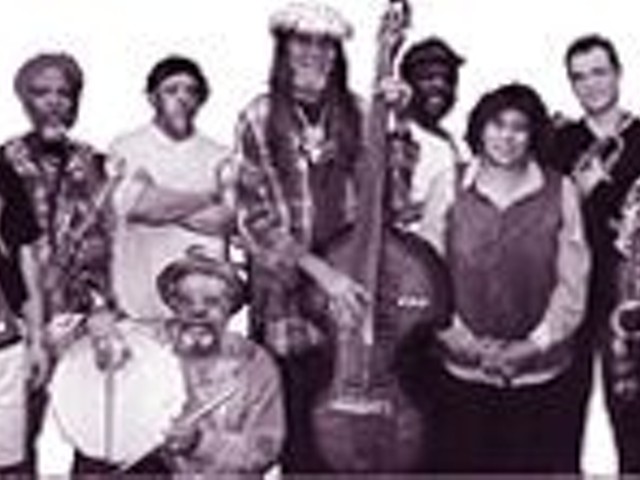Her choice of producers reflects this all-accommodating image: Pete Rock, Premier (Gang Starr) and DJ Scratch of EPMD provide the chopped-and-diced samples favored in the underground; the Ruff Ryders and Busta Rhymes offer the synthesized hard-rock beats, the kind required for the charts. Throughout, Rah keeps her flow "little bit conceited, whole lot consistent," as she declares with her trademark, slightly-between-beats flatfoot on "Showdown." Admirably, with all the polarities she must deal with, her style remains stubbornly individual -- this is the same Rah Digga we heard on the Fugees' "Cowboys" four years ago and Lyricist Lounge, Volume One with hip-hop mainstay Bahamadia two years back.
However, this consistency at times wobbles the tightrope. Her lyricism proves she's sharp, but the content is monotonous: She's always in battle mode, always bragging about how fly she looks and rhymes. The exception is the Premier-produced cut "Lessons of Today," in which she recounts family life and her brothers' influences on her. Premier references the old school by cutting up Queen Latifah from "Princess of the Posse" on the chorus, where Rah's aggressive rhyme style recalls her admitted biggest influence, MC Lyte.
In the end, Rah earns respect for maintaining her integrity in the chauvinistic rap industry; tokenism runs rampant when a female emcee pops onto the scene, and though Rah's confidence and pretty face have received much attention (despite the fact that she keeps her private parts undercover), rather than exploit them, she harnesses them. Her gender references are clever and funny ("Word to my C-cups," she shouts on "Curtains," one of the strongest tracks on the album). And although her voice may grate on you the first time you hear it, its singularity is ultimately an asset. She represents the majority sex well and stays focused on the tightrope.





